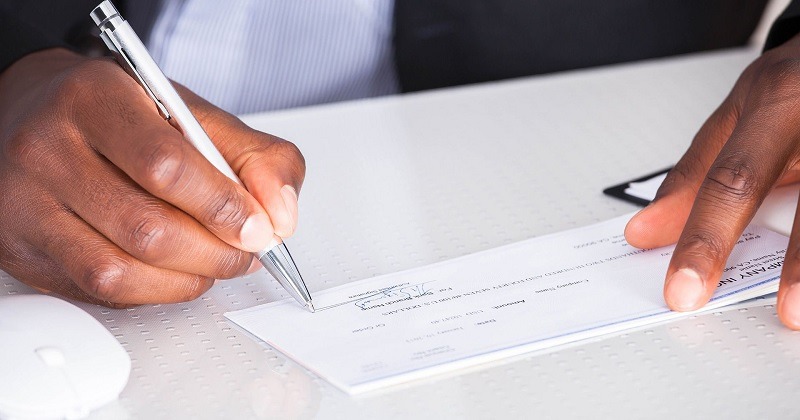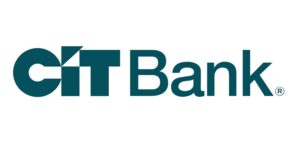 What is a certified check? It’s a special check used for big purchases such as a new home or vehicle when titles are exchanged. It’s purchases like these where you may be asked to use a certified check.
What is a certified check? It’s a special check used for big purchases such as a new home or vehicle when titles are exchanged. It’s purchases like these where you may be asked to use a certified check.
In this guide we’ll go in depth on what a certified check is, where and how to get them, and the differences between a cashier check and a certified check. We’ll also go over precautions that could be made to prevent yourself from getting scammed.
What is a Certified Check?
A certified check is when the check has already been validated by the bank (meaning that there is a sufficient amount of funds in the account) and has been approved for transaction.
This means that whoever is receiving the check can be sure that the check will not be returned and it won’t bounce, so long as the check itself is real and not a fake.
When you get a certified check the bank will stamp it and sign it verifying the condition of the check. Most checks are good for up to 60 days.
During this time the bank should prevent any withdrawal of funds (reserved for the check) from the account that the certified check is being paid from. The funds should be transferred from one account to the other within one business day if the certified check is turned in at a bank with a bank employee.
If you compare a certified check to a standard personal check, the differences are clear. Whenever someone is paid with a standard personal check, they can never be certain whether or not the check will bounce or be returned.
However, certified checks verify that there is a sufficient amount of funds in the account that is being used to pay for whatever they are purchasing. It’s also possible to spend the funds available, then have the standard personal check returned/bounced leaving you in a position where you have to reimburse the bank.
Where do you get Certified Checks?
It’s very simple to get a certified check. Visit one of your banks branches and verify the funds in your account with the amount you’re paying. In most cases you’ll write out a personal check and get the stamp of approval along with the signature of the bank employee.
Certified Checks vs. Cashier Checks
Cashier checks take a different approach to transferring funds. We know that with a certified check you verify whether or not you have sufficient funds in your account to pay off your purchase.
However, when you pay with a cashier check, you hand the bank the amount of money you need to pay in cash. They’ll write you a check for the amount you’ve given them and will pay through the Bank’s account, not yours. The difference isn’t big and in the end they’re both just a way to guarantee funds being paid.
Scams
Scams can be found anywhere, especially when using certified checks. Some merchants believe that certified checks are risk free and will guarantee them pay, but anything can be faked.
Just like with standard personal checks, you’ll be given available funds, but after the check is found out to be a fake, it’ll immediately be bounced and you’ll be held responsible for any funds spent.
In order to prevent anything like this from happening here are a few precautions you can take:
Cash the check: Take the certified check to whatever bank the check is written out to and request to cash out the check. If there is something wrong with it, the bank teller will be able to tell immediately.
Insist on a wire transfer: Wire transfers are considerably one of the safest ways to transfer funds, because the funds need to actually arrive before they’ll show up in your account.
Verify the funds: Call the bank and speak with a teller to verify that the account has sufficient funds in it. Be sure to use a legitimate number, not one that may just be written on the check.
Fees For Certified and Cashier’s Checks
Many banks and credit unions offer these checks, but not all of them offer both at the same facility. If they do, then they might be under a different name such as “official checks.” The best way to avoid the confusion is to call your financial institution for availability.
Fees can be $15 or higher. Some financial institutions, however, offer reduced fees or no fees for account holders. In addition to the service fee that might be charged, some banks may even charge a shipping fee if you want to order one.
 |
 |
Bottom Line
Certified checks are definitely more secure than a standard personal check, but it’s always good to take precautions when receiving one of them. Follow our instructions to prevent yourself from ever being scammed. We wouldn’t want it to happen to any of our readers.
If you find these posts informative and would like to know any other banking tips and tools, be sure to check out our Bank Bonuses, Saving Rates and Credit Card Bonuses!




Leave a Reply